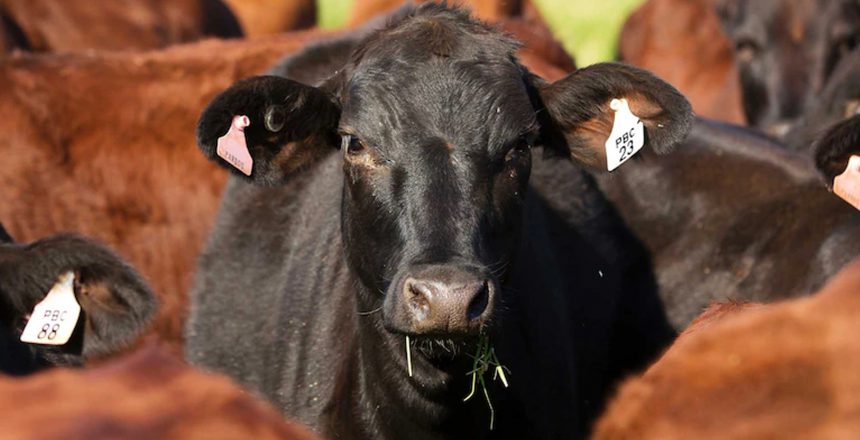Western Cape Minister of Agriculture, Dr Ivan Meyer, has welcomed the national government’s decision to lift the ban on the movement of cattle in South Africa.
The ban, instituted by Ms Thoko Didiza, the National Minister of Agriculture, Land Reform and Rural Development, aimed to prevent the further spread of Foot and Mouth Disease (FMD).
Cattle may now be moved in all the areas of the country except for the disease management areas. The proviso is that an owner’s declaration accompanies the animals. The declaration must be supported by an undertaking, from the recipient of animals, confirming that animals will be kept separate for 28 days before being introduced to the rest of the herd.
Meyer urges livestock owners to do their part to maintain the FMD-free status of the Western Cape.
Meyer: “I am thankful and encouraged by the cooperation we have received from the industry. The owner’s declaration and undertaking requirement now also applies to sheep and goats. Due to the risk of introducing FMD by moving animals into the Western Cape, we would like to monitor the movements of cattle, sheep, and goats into and out of the province.”
Meyer continues: “We must remain vigilant. The local State Veterinarian should be informed of any movement of cattle, sheep, and goats”.
Acting Director for Animal Health at the Western Cape Department of Agriculture (WCDoA), Dr Vivien Malan, says that to assist producers, the WCDoA will invite all known owners of FMD susceptible animals to an online portal where movements can be reported. “The State Veterinarian will then look at the notifications and assess the risk and may need to inspect the animals after arrival.”
Malan highlights that it is a legal requirement in Section 11 of the Animal Diseases Act (Act 35 of 1984) that animal owners should prevent disease in their animals and also prevent it from spreading, should they become infected.
“No animals may be moved from any area with restrictions on animal movement. Furthermore, to provide extra reassurance to a buyer, it is highly recommended that a certificate from a private veterinarian accompanies purchased animals. The veterinarian should indicate that the disease does not occur in the area or herd of origin and that the animals being moved are clinically healthy. Animals must then be kept isolated at the destination for at least four weeks and watched closely for signs of illness before mixing with the rest of the herd. The Free State, KwaZulu Natal and the Northwest Province remain high-risk areas, and buyers are discouraged from buying susceptible animals from those areas.”
Foot-and-mouth disease is a highly contagious viral disease of cloven-hoofed animals such as cattle, sheep, goats, and pigs. The current South African outbreak is maintained in cattle and buffalo (in the northern part of KwaZulu-Natal). It can take up to two weeks from when the animal is infected until it shows clinical signs. During this period, animals appear normal and healthy. However, they can shed the virus, and the disease spreads with the animals if they are moved.
Auctions create high-risk opportunities for animals from different origins to gather, mix, and move to new locations where they can introduce the disease contracted from infected animals at the auction. As a result, buying animals at an auction remains a considerable risk and is not recommended.
“If everyone works together and handles the movement of animals responsibly, we can prevent the disease from entering our province. Furthermore, we can avoid the severe financial losses that come with it. Biosecurity is everyone’s business,” concludes Meyer.
For further information and an example of an owner’s declaration and undertaking, go to the Western Cape Veterinary Services website: https://www.elsenburg.com/veterinary-services/animal-health-and-disease-control/.
To learn more about FMD, visit the WCDoA website: https://bit.ly/3PpeK8R
Media Enquiries
Daniel Johnson
Spokesperson for Minister Ivan Meyer
EmailDaniel.Johnson@westerncape.gov.za
0799904231 (m)


